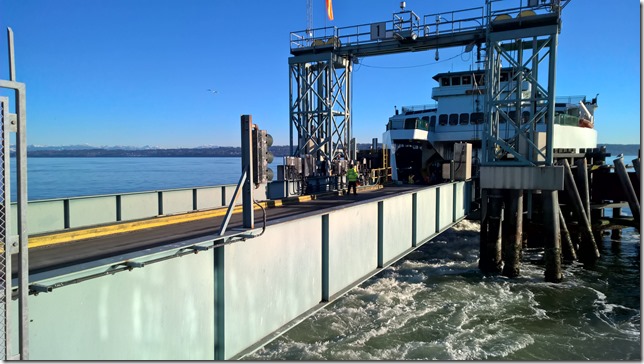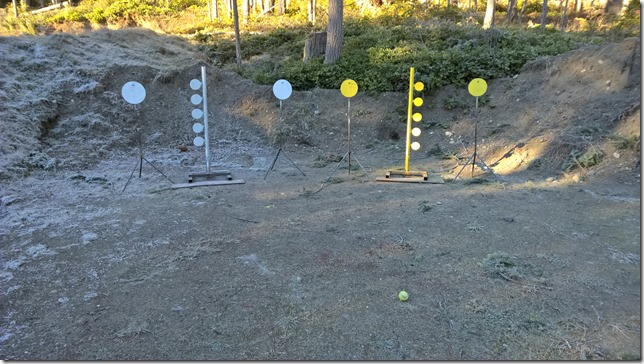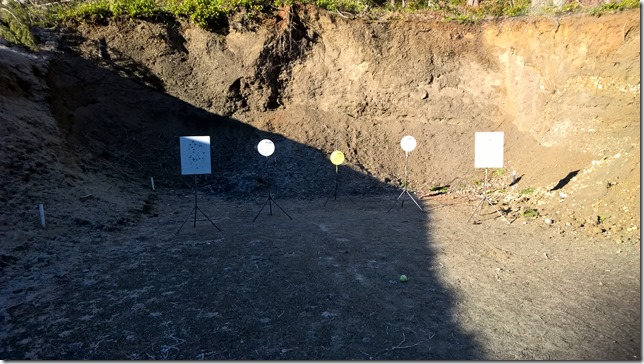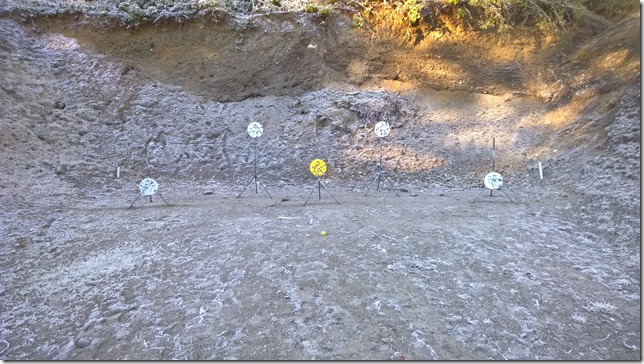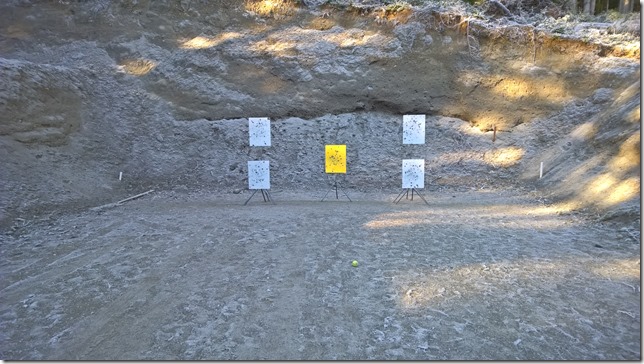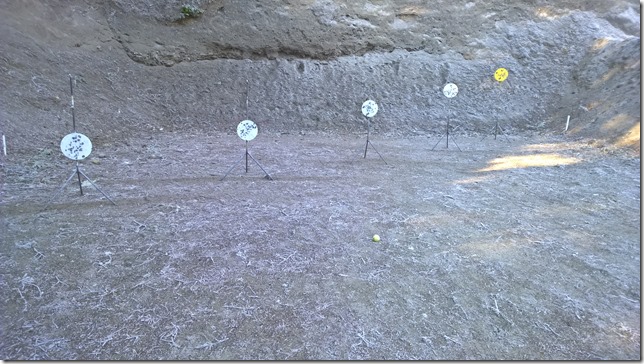In control systems and electronic amplifiers engineers design things to be self correcting. Think of the simple control system for the heating system in your home. You set the thermostat to a particular temperature and it will turn the heat on it if gets too cool and off when it reaches the desired temperature. This is a closed loop system. There is a sensor which provides information about the current status of the system and this information is used to control the heat source and keep the temperature within acceptable limits. The system has a feedback loop from the output (the room temperature) back to the input (the heat supply).
Without such a feedback loop it would be very difficult to maintain a system at a stable temperature. When the outside temperature changed the inside temperature would change too. If someone left a window open the interior temperature would change.
I have often thought our planet must have one or more feedback loops to maintain it’s temperature at something very close to the same (averaged the entire surface over the entire year) temperature. I knew one feedback loop, which the climate change people seldom, if ever, mention, was that plants are CO2 starved. At our current concentration of about 400 ppm of CO2 in the atmosphere it’s not easy for the plants to absorb and then pull the carbon apart from the oxygen to build plant matter. In fact, at current atmospheric pressures, photosynthesis shuts down at between 150 ppm and 200 ppm. As atmospheric CO2 increases plants grow faster. Faster growing plants mean more energy is absorbed from the sun, reducing atmospheric heating, and more CO2 is absorbed from the air. Hence the green house effect, atmospheric warming, from increased CO2 is counteracted, at least in part, by the feedback mechanism of increased plant growth.
There are other feedback systems as well. One of which only very recently was discovered:
According to a study by the Institute of Catalysis and Environment in Lyon (IRCELYON, CNRS / University Lyon 1) and the Leibniz Institute for Tropospheric Research (TROPOS), the oceans are producing unexpectedly large quantities of isoprene – a volatile organic compound (VOC) – which is known to have a cooling effect on climate.
Our planet temperature is not an open loop system. If it were then the global warming/cooling climate change people would be right to be concerned. But it is, almost, obviously not. Closed loop systems are much more difficult to upset and are much more stable. We have a closed loop system with many feedback loops. These loops make the system extremely difficult to model but don’t tell me climate is changing until you can explain to me how the inputs to the system have the potential to break the feedback loops which stabilize the temperature.
Like this:
Like Loading...





